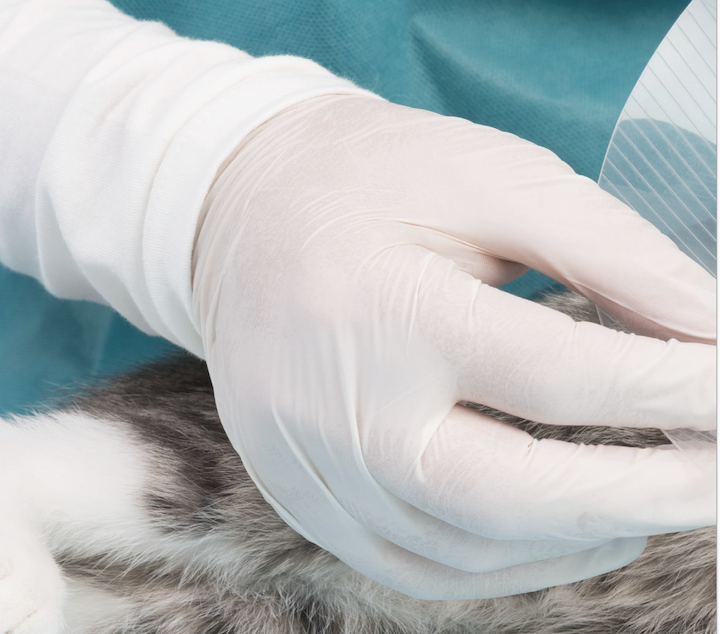Worker's Comp Claims Frequently Asked Questions
By Preferred Employers Insurance
- What should I do if my employee gets sick or hurt on the job?
You must:
- Provide a claim form (DWC-1) to them within one working day after the injury/illness is reported.
- Return a copy of the completed form to the employee within one working day of receipt.
- Provide the injured worker with a complete MPN employee notification and arrange for an initial evaluation with an MPN physician.
- Forward the claim form, along with your report of occupational injury or illness (form 5020), to the claims administrator within one working day.
- Provide light duty whenever appropriate.
- If the employee is the victim of a crime that happened at work, you must give notice of workers’ compensation eligibility within one working day of the crime.
- Can my injured employee return to work? What kind of work may I offer him/her?
The job must meet the work restrictions in the doctor’s report. The offer could involve:
- Regular work: no changes in job duties, hours or wages.
- Modified work: modification can come in reduced hours or adjustment in duties. Wage loss may be provided by the administrator if applicable.
- This is a family business and I’d like to pay the doctor cash. Is that OK?
No. It is illegal for an employer to pay medical bills directly. You must file a claim form (DWC-1) with your claims administrator for all injuries that require more than first aid.
- What can I do if I think an employee’s workers’ compensation claim is not valid?
You should report that opinion to your workers’ comp claims administrator. Tell them all the facts you know, any witnesses you may be aware of, and the people they should talk to.
- Workers’ comp fraud is a crime, who investigates these cases?
Fraud can come in many forms: a worker saying they were injured on the job when their injury really occurred while skiing; an employer saying their employees work at desk jobs when they’re really construction laborers; a medical provider billing for six treatments on an injured worker when they only provided two, etc. Suspicion of fraud must be reported by the administrator, through their Special Investigative Unit (SIU).















